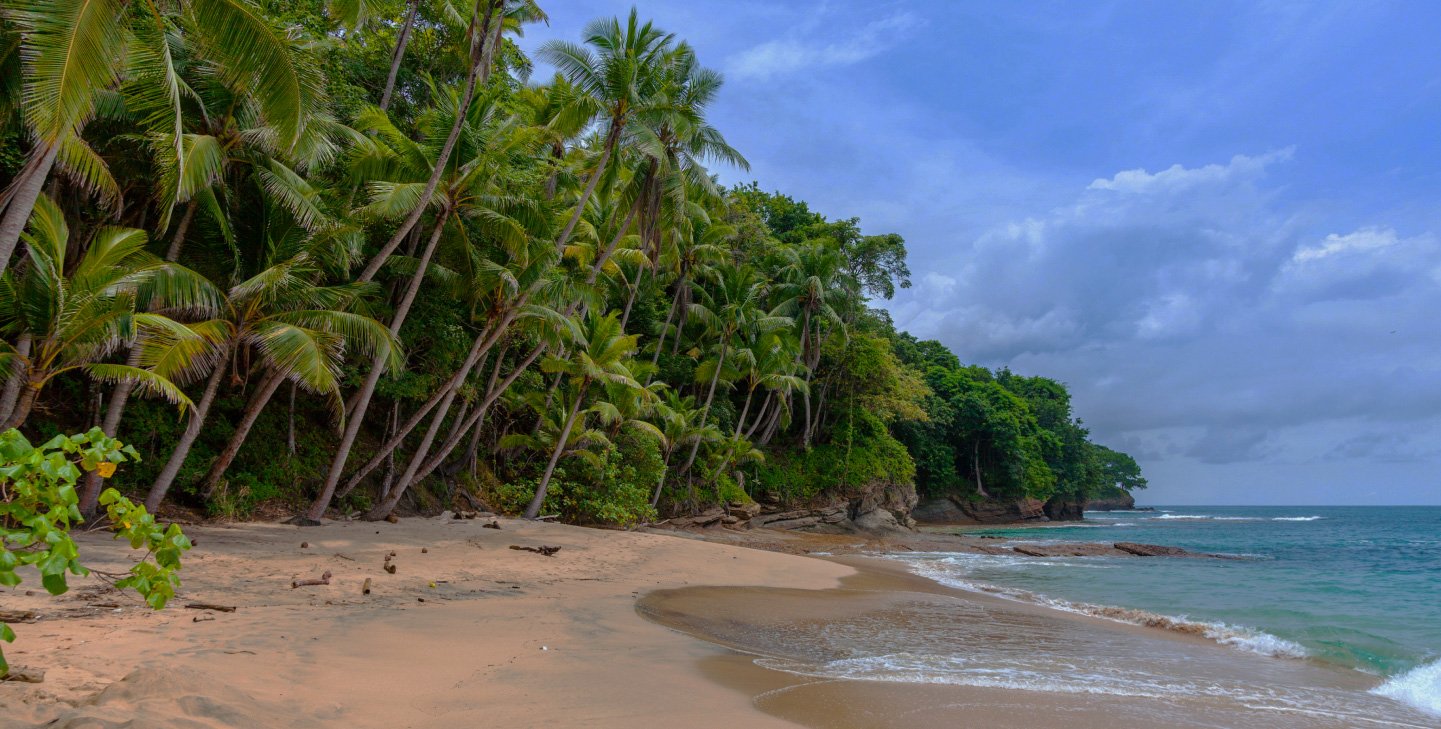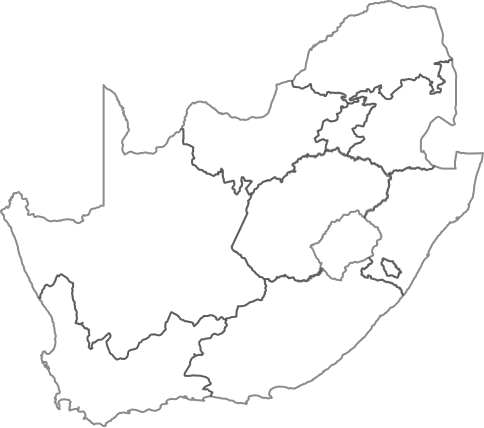Nosy Be, Madagascar
Volunteer in Nosy Be
Discover, teach, and learn on the edge of paradise.
Our hub in Madagascar is located on Nosy Be, an island with striking natural splendour and precious ecological significance. While exploring tropical seas and forests found nowhere else on Earth, you’ll work to assist local communities achieve their sustainable tourism and economic goals by facilitating English lessons alongside more focused economic empowerment initiatives.
Positive
impact
Build a better world by contributing to vital, locally-led project work that strives for a more just and equitable future.
Ethical
work
In line with the UN’s SDGs, we are committed to ethical and sustainable engagement with our local partners and communities.
Beautiful
community
Learn from the world’s most unique and significant cultures, in breathtaking remote locations.
Nosy Be volunteer projects
Included in your program, at no extra cost
Make the most of our unique programs with these exclusively curated local adventure and wellness experiences.
Offered once a month, expand your adventure with GVI Experiences. These are just some of the activities offered on your program!
Take Malagasy lessons
Explore the cascades of Nosy Be
Visit a sacred Baobab tree
Snorkel in a marine wonderland
Sunset from Mont Passot
Sleepover in Lokobe National Park









